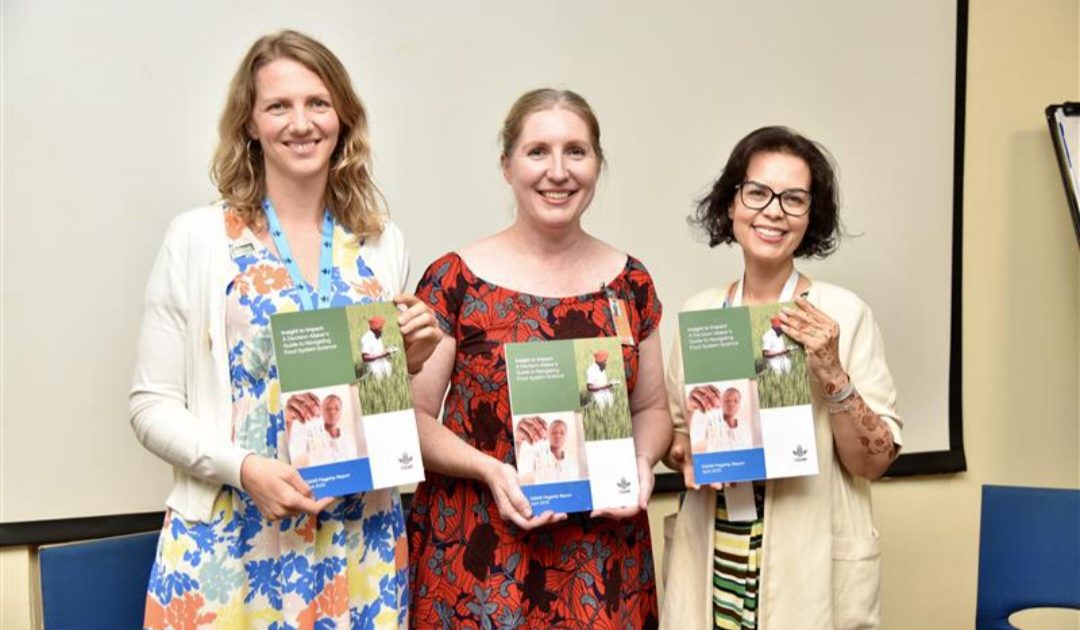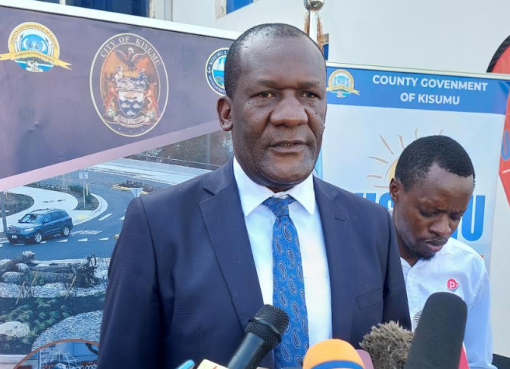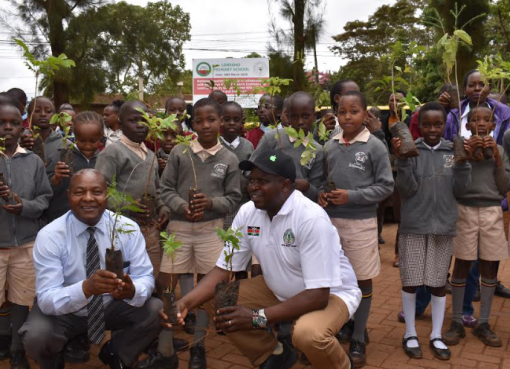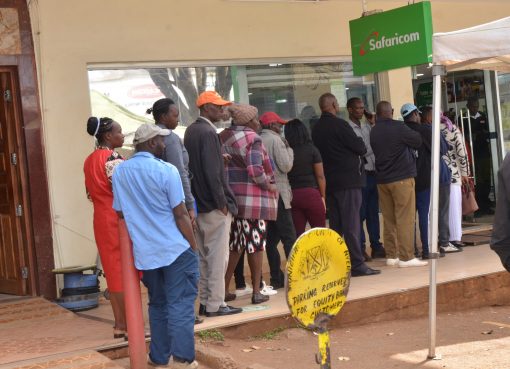The Consultative Group on International Agricultural Research (CGIAR) has launched a report that is a decision maker’s guide to navigating food system science, even as food systems come under strain from climate change, conflict, biodiversity loss and hunger.
The new report dubbed, Insight to Impact: A Decision-Maker’s Guide to Navigating Food System Science, presents science as practical, ready-to-use guidance for decision-makers and investors working to build more resilient and sustainable food systems, especially in low-and middle-income countries.
Among the featured case studies in the report include how a genetic index ‘EnviroCow’ helps farmers in sub-Saharan Africa reduce feed costs and emissions, thus boosting earnings, while zinc-rich wheat in Pakistan now reaches over 100 million people annually, raising zinc intake by 21 percent and addressing widespread deficiencies among women and children.
Another case study shows fertilizer advice in Ethiopia, where farmers increased crop yields by up to 29 percent and incomes by up to USD 270/ha by using landscape-specific guidance tailored to slope, soil health, and climate.
The launch event, hosted at the UN Campus in Nairobi during the Science week 2025, brought together leaders from across Africa, Asia, Latin America, and the global scientific community.
Executive Managing Director of CGIAR, Ismahane Elouafi, speaking during the launch said that the report is tailored to decision-makers across sectors including those in agriculture, climate, finance, and health and emphasizes interdisciplinary, country- relevant responses.
The Executive Director also said the report hand-selects data and innovations from among decades of research and it includes twenty practical solutions, each backed by science and tested in real-world conditions.
“Policy is influenceable, but what I hear from many decision makers is that they are often missing the right data, the information needed for policy along with clarity and pragmatism,” she said.
She said the report apart from helping farmers adapt to climate change to expanding access to nutritious food and sustainable livelihoods, the report answers twenty urgent questions frequently posed by policymakers.
“This is very clear in the report, so the next steps will be to engage deeply with policymakers so we can really turn insights into impact,” said Elouafi.
The Executive Director said more than 70 decision-makers across government, regional bodies, and the private sector contributed to the report, identifying seven key needs from a request for more pragmatic and clear science communication to stronger alignment with national strategies.
CGIAR’s Integrated Partnership Board chair, Dhesigen Naidoo, said future editions of the report series will tackle emerging challenges and prepare decision- makers for specific global and regional processes, continuing to build bridges between science and decision-making.
“We have ongoing challenges all around the world with the triple conundrum of poverty, inequality, and unemployment, so our ability to use the best science, technology, and innovation to inform decision-making at all levels is absolutely paramount,” said Naidoo
Case studies include implementation resources such as expert contacts, how-to guides, impact studies, and tools to support scaling including the alternate wetting and drying technique that has now been integrated into Vietnam’s national climate policy.
She said one of the cases smart rice water management in Vietnam, has trained over 33,000 farmers in climate-smart techniques that reduce methane emissions and water use without lowering yields
To support its science-to-policy efforts, CGIAR also launched its Insight to Impact Policy Champions Network, a group of partners and policy influencers who will work to ensure the scientific insights shape action on the ground.
“The future of farming is here,” said Lusike Wasilwa from the Kenya Agricultural and Livestock Research Organization (KALRO), a partner and leader in the agricultural innovation space.
“We have to work and partner together to ensure we are reaching the smallholders and that we’re developing data to inform policy,” he said.
The flagship Report’ Insight to Impact: A Decision-Maker’s Guide to Navigating Food System Science’ was spurred through support from the German Federal Ministry for Economic Cooperation and Development (BMZ) with the Germany Agency of International Corporation (GIZ).
By Anita Omwenga





